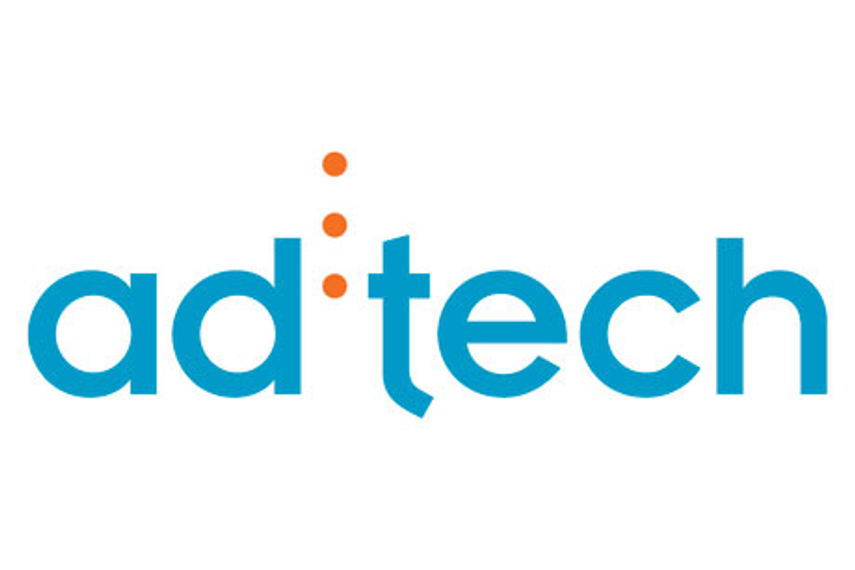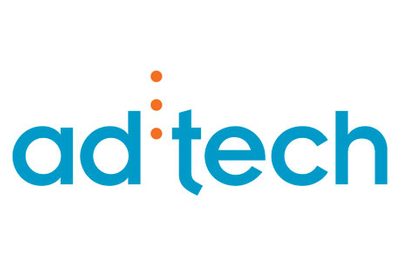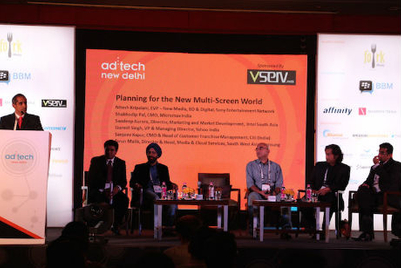
The second day of ad:tech 2014 in Gurgaon, 21 March, witnessed presentations from Tom Bowman, VP strategy and operations, global advertising sales, BBC Worldwide and Raghu Venkataraman, head - big data/digital, Nielsen India. While Bowman highlighted the affluent connection on mobile, Venkataraman spoke about the growing e-commerce wave.
Affluent connection on mobile
Bowman spoke basis findings from a survey by Millward Brown for BBC World News and BBC.com to study the mobile behaviour of affluent consumers globally. The study surveyed 6,000 smartphone owners in India, HongKong, Australia, Sweden, Germany and USA.
The findings, according to Bowman, revealed why brands should advertise on mobile devices. Quoting the study, he said, “In general, 56 per cent of affluent Indians access the Internet on mobile devices at least once an hour and this is 43 per cent higher than the general population.” The same numbers of affluent Indians prefer mobile devices to their desktop for accessing news, according to the study. Compared to the general population, 33 percent are more likely to access news via an app.
Moreover, 59 per cent of affluent Indians are happy to see ads on mobile websites as long as the content is free. Eleven per cent of the audience is likely to like, follow or comment about the brand on Facebook or Twitter, with 12 per cent more likely to visit the brand’s website; 18 per cent are more likely to recommend a brand to friends or family; and 21 per cent more likely to look for the brand in a store or purchase the product or use the service, said Bowman, quoting from the study.
Mobile campaigns, he noted, were typically twice as impactful among affluents as the rest of the population.
Bowman closed his presentation announcing that BBC.com would be launching its new Indian edition from 4 April, which would feature top Indian news stories alongside global news.
‘e-commerce brands in India behaving like FMCG brands’
e-commerce in India has seen an unprecedented rise in past three years, noted Venkataraman of Nielsen. He said, “e-commerce brands in India are behaving like FMCG brands – they are spending big dollars on advertising.” The factors driving the category, according to the speaker, included funding by venture capitalists, diversity of merchandise, deals and discounts and convenience.
He listed categories doing well on eComm as: apparel (20 per cent); bus tickets, hotels, travel and electronics (led by mobile phones).
On consumption patterns, he noted that it was still male-dominated. “Only 28 per cent of shoppers online are female,” said Venkataraman, quoting a Nielsen study. He added that the average shopper is 34 years old, with an average monthly income of Rs 35,000. Half of the people shopping online do so at least once a month, according to the study.
Venkataraman added, “The online shopper from smaller town shops nine times a year as opposed to 12 times by their counterparts in larger cities.” Shopping for portable devices (mobile and tablets) increases with age, while getting capped at 45 years.
Talking about smartphone incidence in Urban India, Venkataraman said, “On an average, Indians spend more than 2.5 hours on their smartphone everyday. Half of that time is spent on online activities. Last year saw engagement on Apps overtake that on websites. The primetime for smartphone is 9 to 11 pm.”





.png&h=268&w=401&q=100&v=20250320&c=1)
.png&h=268&w=401&q=100&v=20250320&c=1)


